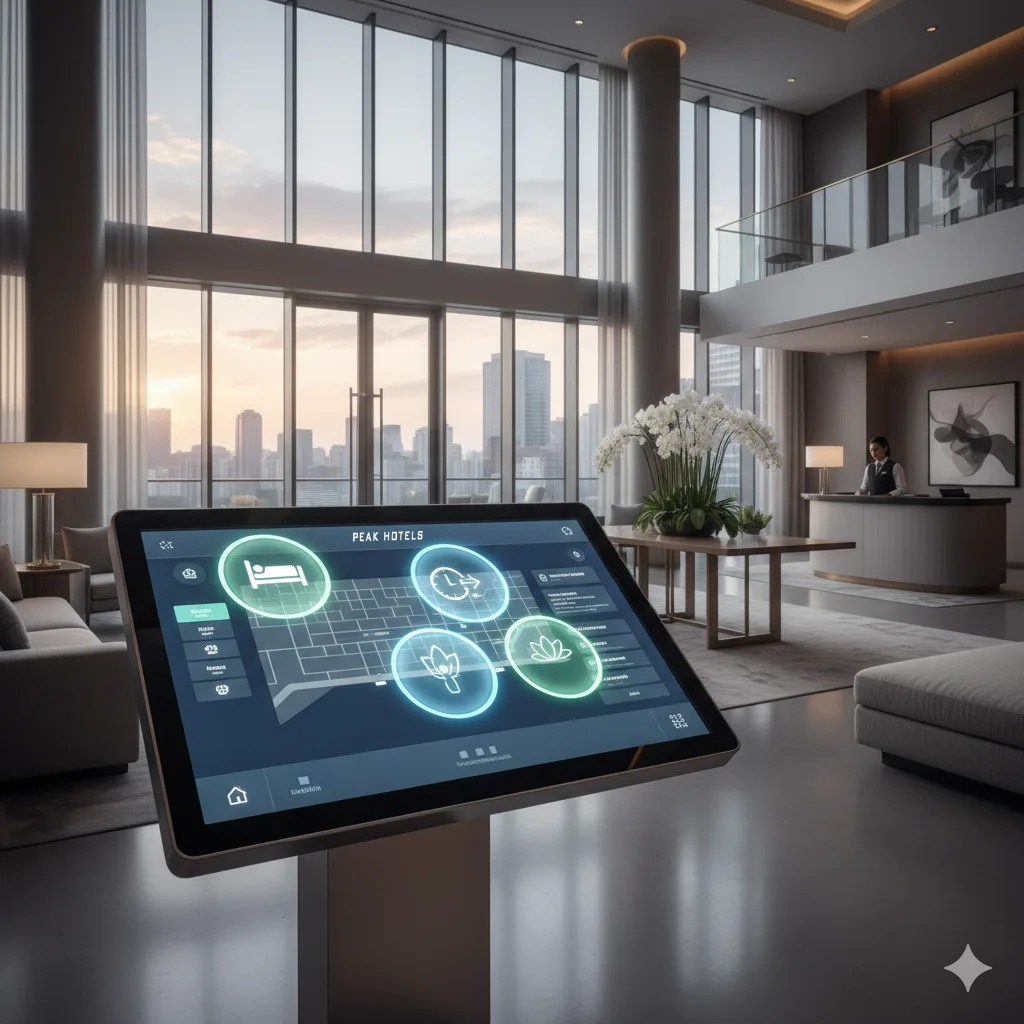
11 Nov Revenue Driven AI in Hospitality | PEAK Hospitality Insight
Shifting from Cost‑Cutting to Revenue Creation
In hospitality, AI has long been framed as a way to boost efficiency—automating mundane tasks, reducing labor burden, streamlining operations. But the industry narrative is shifting. With 250 agentic AI bots now live across Wyndham’s portfolio, the real story is how these tools are being deployed to drive revenue, not just save cost.
Anticipating Guest Needs, Unlocking Upsell Potential
Wyndham’s AI agents are handling hundreds of thousands of guest interactions—from modifying bookings to recommending upgrades, early check‑in, late checkout. Franchisees are able to “make extra money by seamlessly selling an early check‑in or late checkout… or an upgrade or amenities.” Hotel Dive+1 The lesson for hotel operators: when AI starts anticipating guest desires rather than merely responding, it becomes a revenue engine.
What This Means for PEAK Hospitality
At PEAK, the implication is clear—if your AI strategy is built only around “doing things faster”, you’re missing the bigger opportunity. To lead in 2026 and beyond, we need to:
- Embed AI in front‑line guest touchpoints (pre‑arrival chatbots, on‑property voice assistants) to anticipate needs.
- Link AI automatically to upsell and ancillary revenue flows (room upgrades, premium services, in‑stay spend) rather than just service recovery.
- Integrate AI insights with our human‑centric service culture, so the technology supports teams instead of replacing them.
By shifting the lens from “efficiency first” to “revenue first”, hotels can drive both guest satisfaction and net profit in one move.







No Comments